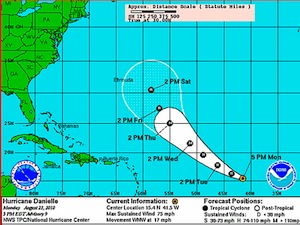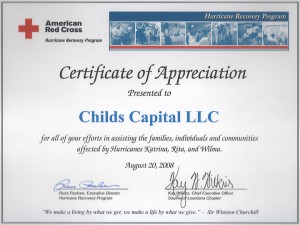On July 8 of last year, I posted a blog to update on the California budget crisis:
Further to an earlier blog posting on the topic of California’s decision to pay certain of its contractors in scrip, the State Legislature is considering a bill that would require the State to accept its own paper as payment for taxes, fees and other obligation due. After all, it is only fair that California accept its own currency. Irrespective of what happens with this bill, small business owners should use the IOUs as payments towards California state taxes, city taxes, fees, and other government obligations. If I were a California small business owner, I would even use the IOUs to pay the IRS. After all, the federal government is in a better position to collect from California than I am. This should dampen the pain for the businesses that are put in a terrible cash flow position with this move. Check cashing companies have indicated that they will accept the IOUs, but they charge onerous fees. Better to redeem the notes pack to the state to retire other obligations and conserve cash.
Well, one year later and we are right back where we started. California’s Controller, John Chiang, stated that unless the state passes a budget, he may be forced to resume issuing IOU’s within a few weeks’ time. In response, Republican Assemblyman Joel Anderson drafted a bill that would allow businesses and individuals who receive IOU’s from the state to redeem them with the state for payment of taxes, tuition at state universities, motor vehicle fees and other obligations to California. The bill awaits Governor Schwarzenegger’s signature, but the governor’s finance staff oppose the bill, stating that accepting IOU’s as a currency would deplete the cash balances the state is trying to preserve. Anderson responded that if the governor fails to sign the bill, it is an acknowledgement that California is “such a dead-beat state” that it won’t even accept its own paper. As if running a small business isn’t sufficiently challenging, those businesses that count California as its client may be compelled to finance the state’s recklessness.






